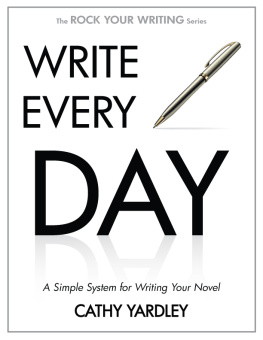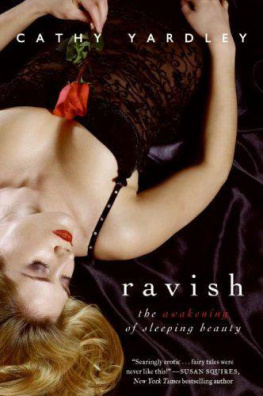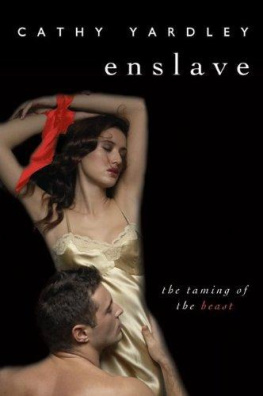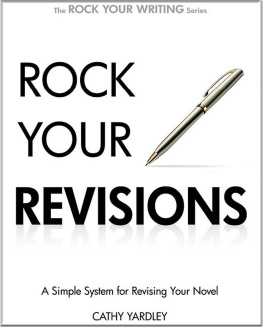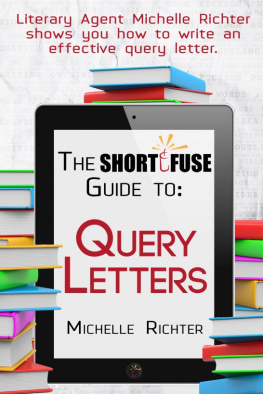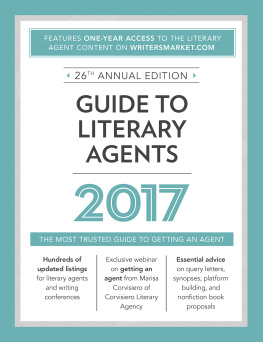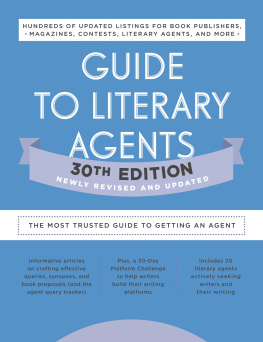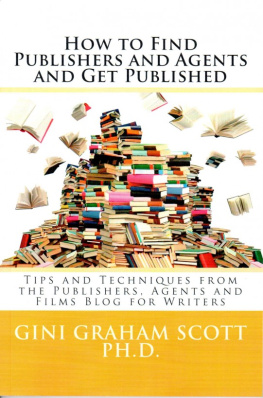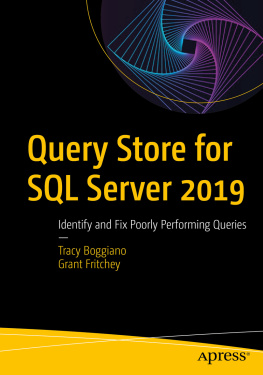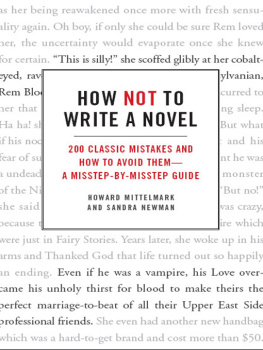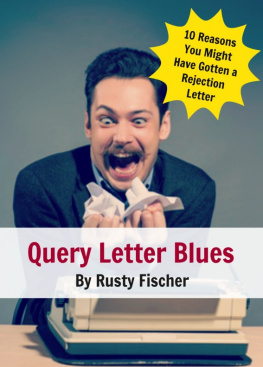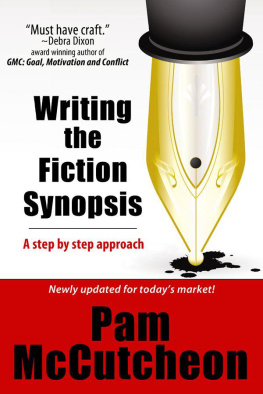Im Cathy Yardley of the website Rock Your Writing(http://www.rockyourwriting.com).
Ive been a published author for over twelve years, writingand selling over sixteen novels and two novellas to mass market traditionalpublishers such as Avon, St. Martins, and Harlequin.
When I got my first agent, back in 2000, she said that morethan my story concept, what impressed her enough to sign me was my ability towrite a succinct, descriptive synopsis. That one phone call showed me just howimportant the elements of the submission process are.
I firmly believe that anyone can use this system to writea clear and effective query letter and synopsis, as well as hone their openingchapter, to get a better response from targeted agents and editors.
Who this book is for.
This book can help writers who have been having difficultyfiguring out what to include and leave out in the traditional submissionsprocess.
It can also help writers struggling with writing synopses.
Finally, it can help writers who have been receivingrejections and feel that its a result of their current query and synopsis,rather than their story concept or their writing.
What this covers.
Things to check for when submitting a partial.
This book is short and action based. It gives you brief examples and assignmentsto create your own submission package.
Chapter 1: The Target
The query letter is the basic building block of submittingyour work. Way before the partial or thefull, before even the synopsis, your query letter is going to represent you asa professional writer and persuade an agent or editor that you have somethingworth investigating further.
Before you focus on writing the query letter, you need toknow who you're targeting, and why you are targeting them.
You don't want to take a shotgun approach to submissions,blanket-bombing any agent or editor who seems like they might take on yourwork. If you do, they'll know: in most cases, you'll be wasting their time andyour postage.
How to choose your target agent or editor:
1. Know what you've got.
Don't worry about being pigeonholed. Right now, your agentor editor needs to know how to position your work: where it would be shelved ina bookstore, for example, even if you're only trying to get digitally published.Even electronic bookstores like Amazon and IndieBound still categorize theirbooks, and help people find things that are similar.
At the very least, it's good to know your novel's genre, thesub-genre if applicable, and the word count. (Use your computer's word countand round it to the nearest ten.)
You should also know what the general guidelines are for thegenre you're writing for. If you've written a YA and it's coming in at 200,000words, you're going to be facing an uphill battle. (Actually, if you've got anything coming in at 200,000 words, you've got a rough road ahead.)
There are some genres that might currently be a hard sell.Think about how to position it more attractively.
Just a few years ago,Western and Chick Lit were both impossible to sell. You might call your Western "historicalfiction" and Chick Lit "humorous women's fiction," not so muchto hoodwink the person you're submitting to (you won't, even if you wanted to)but to show them where the work might still find an audience. Women's fiction still sold, even when ChickLit imploded. Historical fiction stillhad a chance, even when series Western was, pardon the pun, a ghost town.
Also, if a genre is a hard sell because it is currentlyglutted (for example, in 2012 it's hard to sell a vampire paranormal romance toa traditional legacy publisher because of over-cataloging) I would mentionwhat makes your particular story in the genre unique.
That said, make sure it's something truly remarkable, notsimply there hasn't been a vampire paranormal romance set in Taos! Mine is!
You can usually find out if a genre is a tough sell byreading some recent agent and editor interviews, on blogs or in trademagazines, especially when the editor says what's selling and what isn't. It's usually called What I'm Looking for orsimilar, and if you do a Google search for the current year, an agent's name,etc., it helps. It takes some datamining, but in my opinion, it's worth it.
2. Look for agents andeditors who deal with what you've got.
Once you know what your novel can be categorized as, look inthe Literary Market Place (LMP) or on Publisher's Lunch, and see who'srepresenting things that are somewhat similar to your work. Look at yourfavorite authors in the same genre, and do a Google search with their names and"agent" in the search field.
Or look on Amazon, with the same search parameters - often,authors will include their agents in the acknowledgments of their books, andyou'll be able to find it in the "search inside" feature.
3. Dig deeper.
When you've got a list of say three to five agents oreditors that you're targeting, do a Google search with their names and thewords "interview" or "looking for" and the currentyear. See if they have blogs. Whatyou're looking for is something quotable, some way to show them that you'retargeting them for a reason.
4. Look at submissionguidelines!
Nothing irritates an editor or agent more than someone whohas blatantly ignored submission guidelines... except possibly someonemisspelling his or her name. If you can't follow the rules that they've stated,and you couldn't be bothered to double check how he spells his name, what wouldyou be like in a working relationship?
Now that you've got your target, we'll discuss how to usethis information in your first paragraph: the opener.
ASSIGNMENT:
Choose a list of three to five agents. Collect:
The correct spelling of their names
Their addresses
Their submission guidelines
A paragraph of research regarding what theyrelooking for, as recent as possible.
Chapter 2: The Opening Paragraph
Heres where you use your target information.
You're going to write one small paragraph that says, in anutshell,
why you are sending your query to your target,and
what you've got.
What agents and editors are looking for:
They don't want to feel like you're sending your submissionto a ton of people: they don't want a generic approach.
Misspelling, to whom it may concern greetings, and obviouswrong genre queries (i.e., sending a romantic thriller to someone who onlyhandles sci-fi) tell them either youre an amateur, or youre sending thesequeries out by the dozens.
Essentially, theyll see your query as spam. And like spam, its easy to delete.
Agents and editors want to know that you've put thought intopitching this story to them... that you have something you strongly feel theywant, with a logical and researched rationale behind it.
What you'll include in your paragraph:
You're going to say something like this:
"I recently read in an interview you gave atsuch-and-such blog that you're looking for taut psychological suspense. I havecompleted a mainstream suspense novel that I feel might fit what you're lookingfor. It is entitled No Rest for the Wicked , and isapproximately 98,000 words in final draft."
If you look at the above paragraph, you're going to say whyyou targeted him or her, citing an article, or an interview, or even theLiterary Marketplace.

